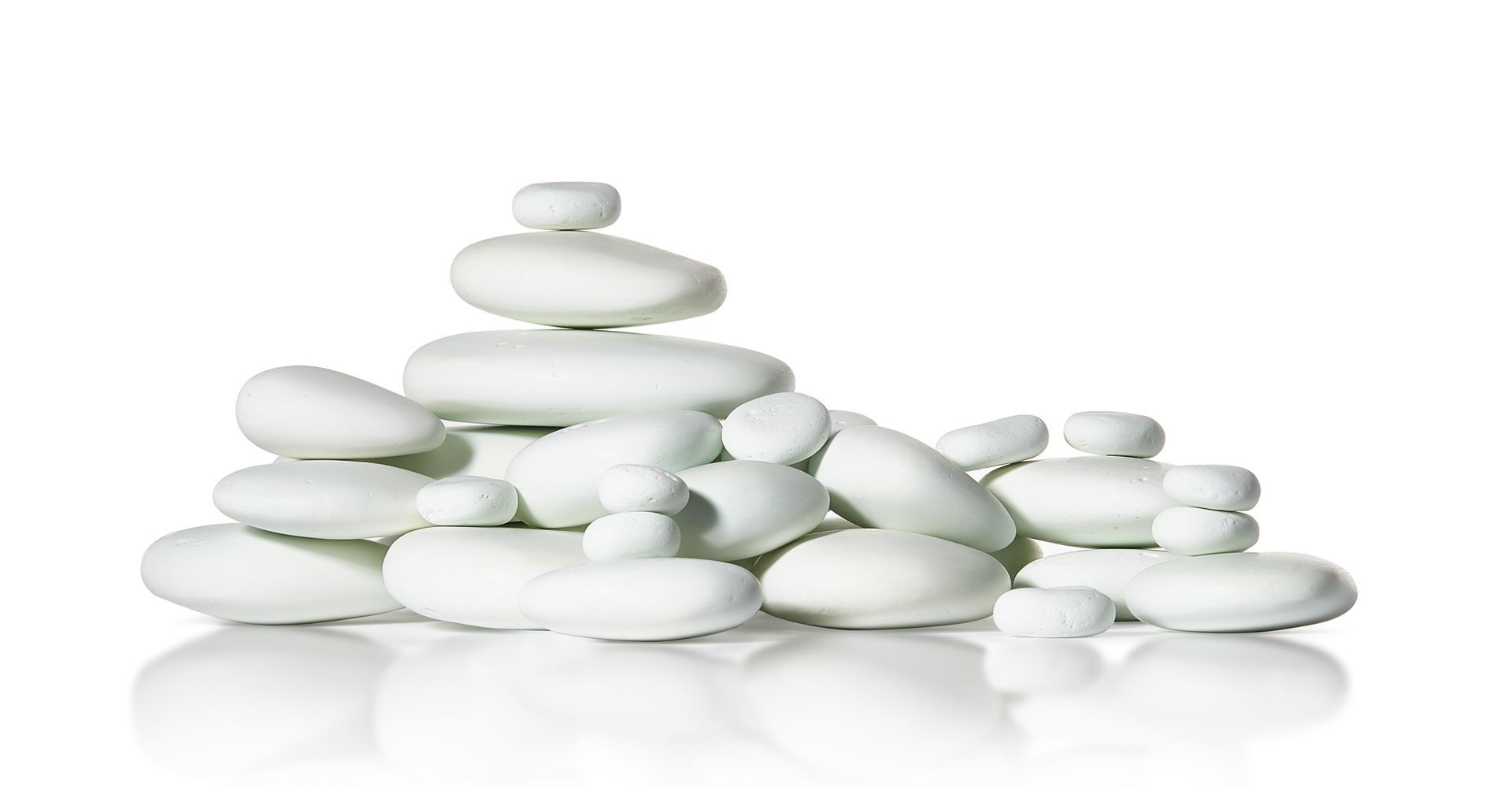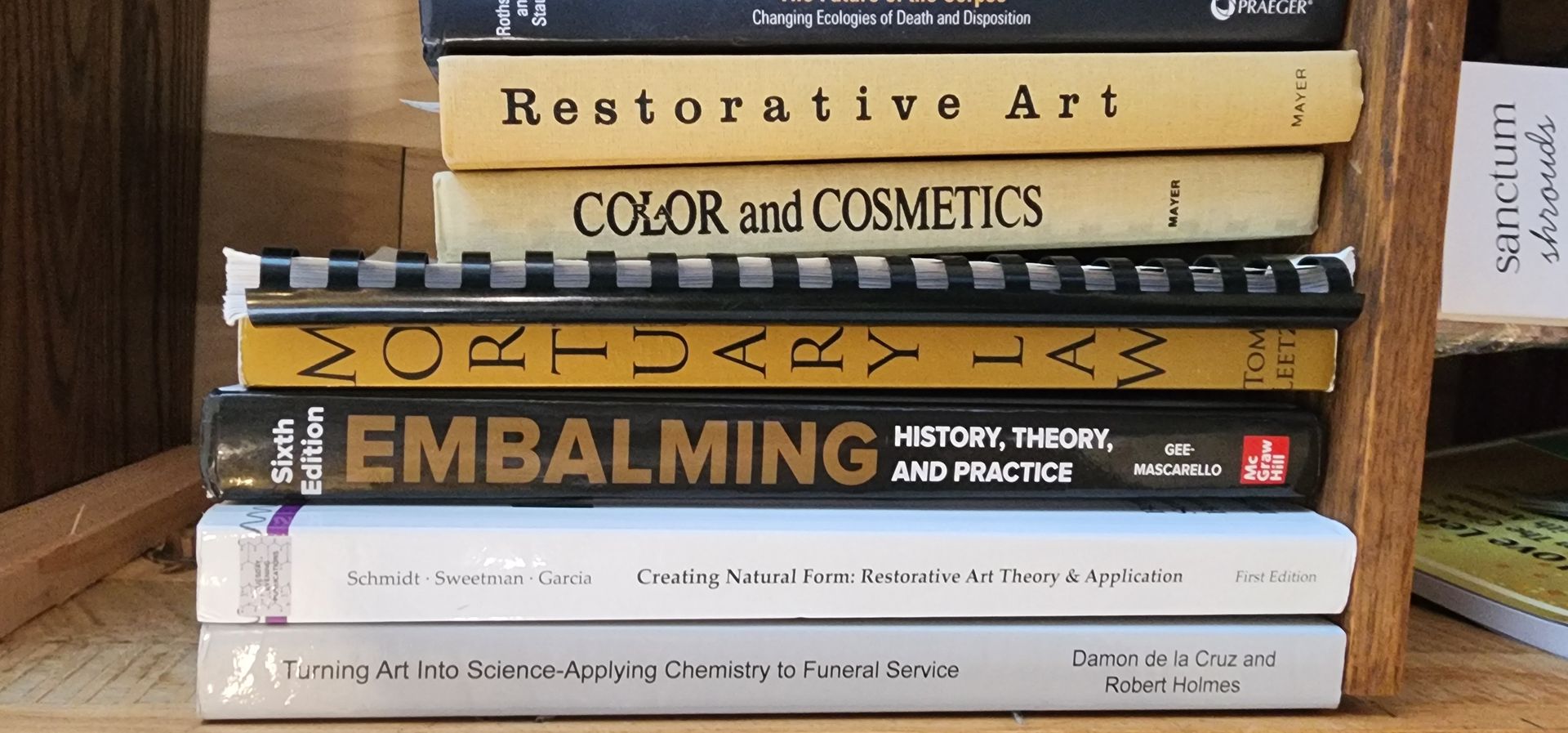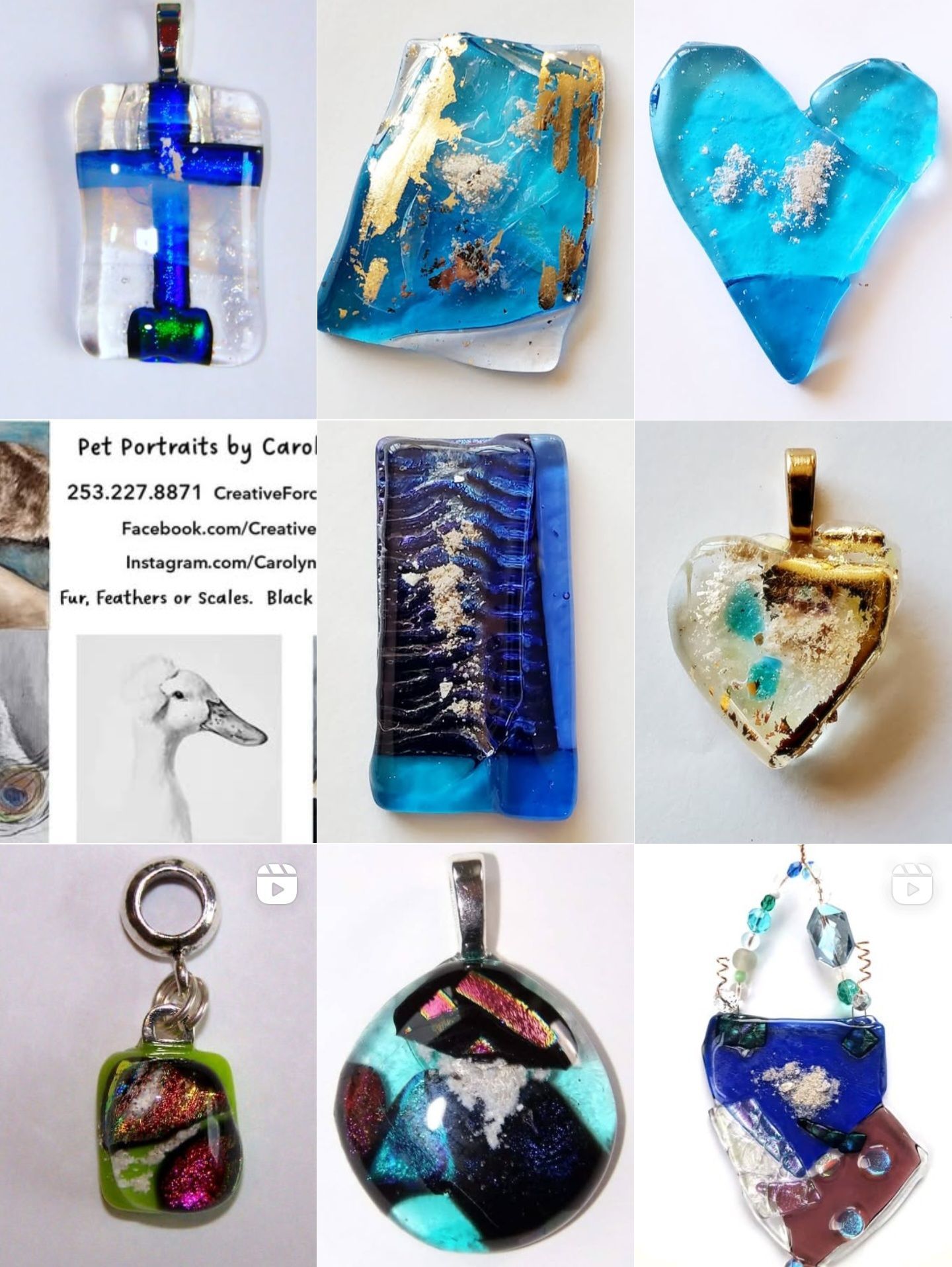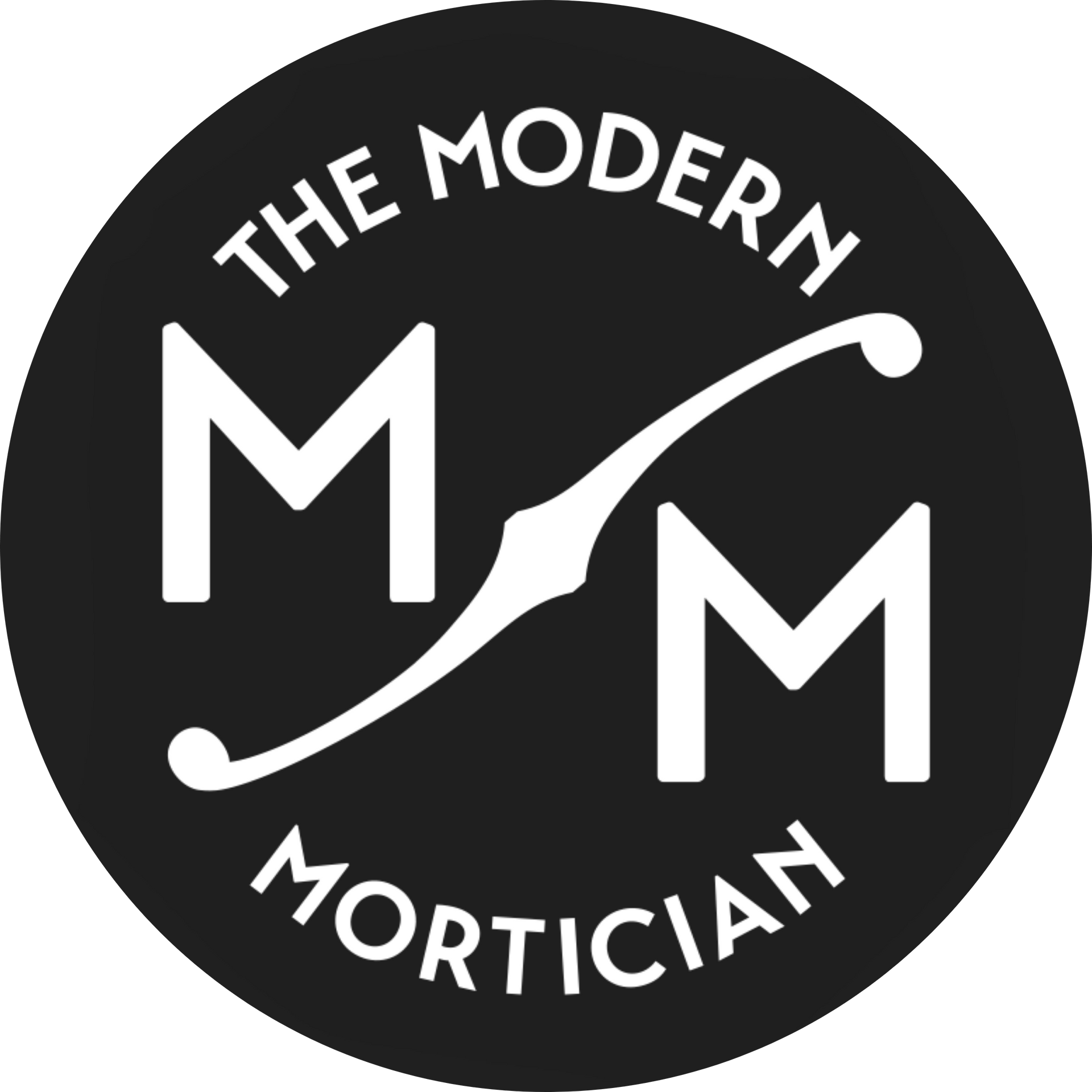Melissa Meadow
Parting Stone is a solid solution for what you can do after cremation....

I was one of the OG funeral professionals posting and talking about Parting Stone. This week, they will debut on ABCs Shark Tank, and I am so excited to see them get the recognition they deserve.
The founder of Parting Stone, Justin Crowe, was one of the first funeral industry journalists that wrote about Kermit and his role as a therapy dog in funeral care. When he debuted his idea for solidified remains I was an instant fan. This option solves a new question arising daily... what do I do with the ash?
I'd like to introduce you to one of many options... Parting Stone Solidified Remains.
Parting Stone is a company that specializes in transforming cremated remains into beautiful, solidified stones that can be kept as a permanent memorial to a loved one. Their process is unique in the funeral industry, and they have quickly become a popular choice for families who want a lasting and meaningful way to honor their loved ones.
So, how does it work? When you order from Parting Stone, they will send you a kit that includes everything you need to collect a small amount of your loved one's cremated remains. Once you have collected the remains, you simply send the kit back to Parting Stone, and they will use a proprietary process to transform the remains into a beautiful, solidified stone.
The stones come in a variety of colors and sizes, and can be personalized with engravings or other customizations. They are a wonderful way to remember a loved one, and many families find comfort in having a physical object that they can hold and cherish.
One of the things that sets Parting Stone apart from other companies in the funeral industry is their commitment to sustainability. They use eco-friendly materials and processes, and all of their stones are made in the USA. They also donate a portion of their profits to organizations that support environmental conservation.
Overall, Parting Stone is a company that offers a unique and meaningful way to honor the memory of a loved one. Their solidified stones are a beautiful and lasting tribute, and their commitment to sustainability makes them an excellent choice for families who want to make a positive impact on the world. If you are looking for a special way to remember someone who has passed away, be sure to check it out.
The following is from the company themselves:
A Clean Alternative to Cremated Remains.
Solidified remains are a complete alternative to cremated remains that allow you to live comfortably with your departed. The solidification process compresses conventional cremated remains into a beautiful collection of 40-60 “stones” that you can hold, share, scatter, and travel with.
The appearance of each collection of solidified remains is 100% natural. People can result in different hues and textures making each set unique. Parting Stone empowers families in their grief by providing a form of remains that can be touched and held.
Call or email us for additional information about this service.
At-need Arrangements
At the time of your arrangement, you may choose to have your loved one returned either as cremated remains or solidified remains.
Pre-need Arrangements
If you would like to update your pre-need plan to include solidified remains, please contact us by email or phone and we will update your arrangement.
Solidification of remains at-home
If you currently have the cremated remains of your loved one at home and want to have them solidified, you may place your order here.
New Paragraph












